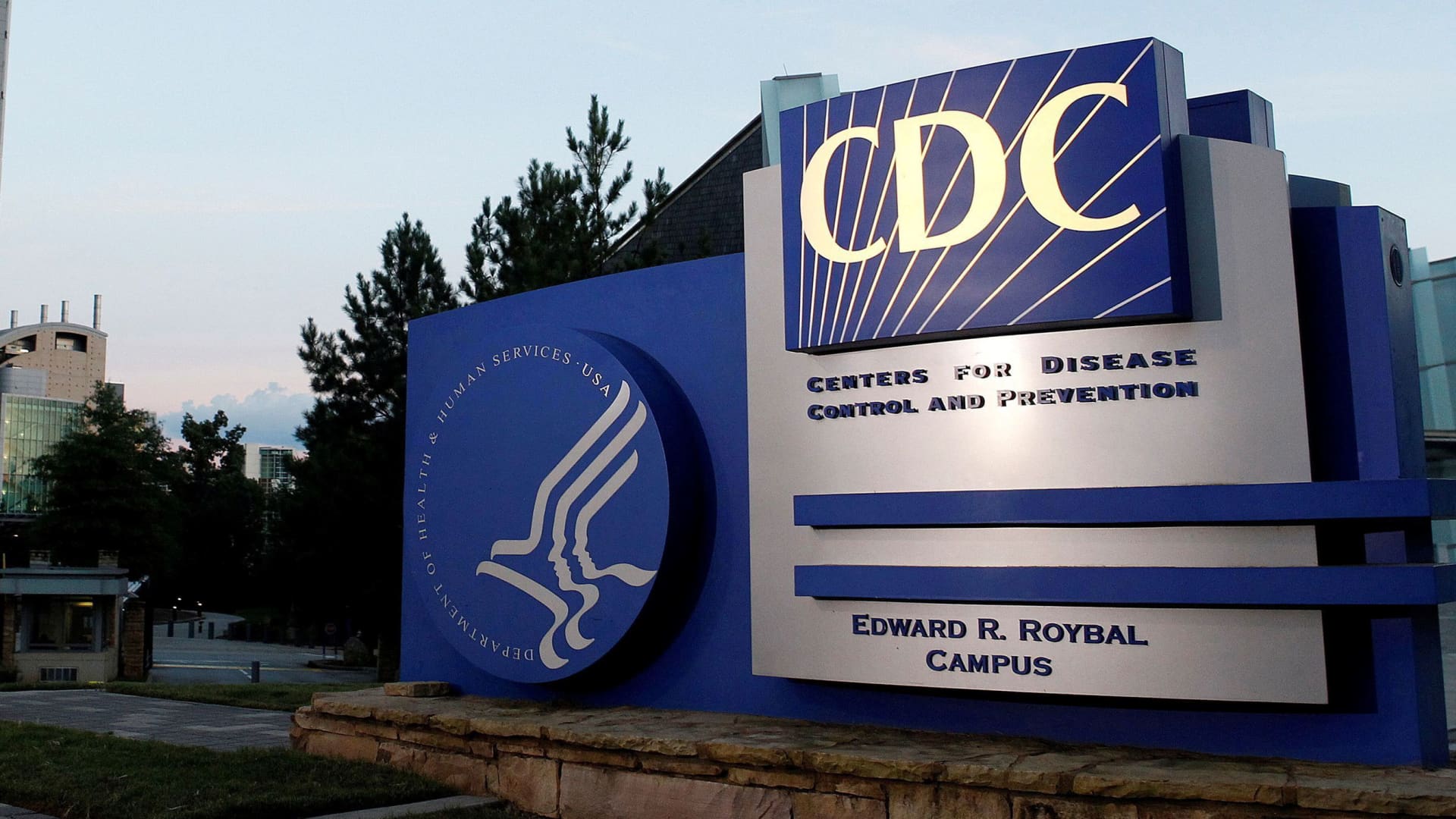
The Centers for Disease Control and Prevention is investigating 109 cases of severe hepatitis in children, including five deaths, to try to determine a cause with adenovirus infection as the primary line of inquiry, the public health agency said on Friday.
More than 90% of the children were hospitalized and 14% required liver transplants, according to the CDC. The cases under investigation occurred over the past seven months across 25 states and territories. A majority of the patients have fully recovered and have been discharged from hospital, according to the CDC.
Hepatitis is an inflammation of the liver that is often caused by viral infections but environmental factors can also play a role. It is not uncommon in children but usually isn’t severe.
More than half of the kids had a confirmed adenovirus infection. However, public health officials said they don’t know yet if adenovirus is the actual cause. Adenovirus is a common virus that normally causes mild cold or flu like symptoms, or stomach and intestinal problems. It is not a known cause of hepatitis in otherwise healthy children, though it has been linked to the illness in kids with weak immune systems.
Covid-19 vaccination is not the cause of the illnesses, the CDC officials said. The children had a median age of two years, which means most of them were not eligible to receive the vaccine. The hepatitis viruses A, B, C, D and E have not been in the kids during initial investigations.
Dr. Jay Butler, deputy director for infectious diseases at the CDC, told reporters on a call Friday that the public health agency has not seen an uptick in adenovirus infections nationally. However, Dr. Umesh Parashar, a CDC official, said the U.S. does not have a good national system for conducting surveillance of the virus.
The CDC has not documented a significant increase in hepatitis cases in kids or liver transplants, but that’s based on preliminary data and could change, according to Butler. However, the United Kingdom — which first alerted the world to the issue — has documented a significant increase, he said.
“We know this update may be of concern, especially to parents and guardians of young children. It’s important to remember that severe hepatitis in children is rare,” Butler said.
The CDC issued a nationwide health alert in late April about a cluster of severe hepatitis cases among nine children in Alabama. The World Health Organization is also closely monitoring cases of severe hepatitis in children globally.
This is breaking news. Please check back for updates.




